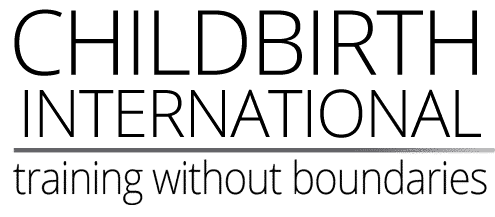Our Mission
Training birth and lactation professionals through accessible, inclusive, evidence-informed training so they can show up with knowledge, skills, and compassion.
Our Vision
Leading a global shift in birth and postpartum care—honoring every voice, challenging injustice, and centering autonomy, dignity, and informed choice.
Our Values
Be Curious – Learning is our superpower.
We lead with questions, not assumptions.
Curiosity fuels our creativity, opens doors to new ideas, and helps us grow through learning, unlearning, and discovering, no matter how much we already know.
Go Above and Beyond – We don’t settle for “good enough.”
We’re here to truly support our students—going further, listening deeper, and delivering more.
We challenge, support, and inspire our students to grow into confident, compassionate professionals who provide care that centers the people they serve—care that is safe, respectful, and grounded in dignity and choice. Every step we take is intentional, thoughtful, and rooted in the belief that better education leads to better outcomes for students and every family they walk beside.
Value Diversity – Every voice matters.
We build spaces where everyone belongs and no one is left behind.
We challenge injustice, embrace hard conversations, and stand up for equity, inclusion, and anti-racism. Diversity isn’t a goal—it’s foundational to who we are and the future we’re creating.
Be Kind – Lead with empathy and respect.
Kindness shapes how we connect, collaborate, and care.
We treat others with generosity, listen with compassion, and show up for one another and our communities. When we lead with kindness, we create trust, resilience, and lasting impact.
Trust Each Other – Integrity is non-negotiable.
We own our actions, speak honestly, and follow through.
We know our strengths and limitations and hold ourselves accountable. While working independently or together, we act with clarity, care, and a deep belief in the work we do.
Be Courageous – Do the hard things.
We speak up and step forward—especially when it’s hard.
We challenge the status quo, take risks for what’s right, and move with intention towards meaningful impact. Courage is how we grow, lead, and transform.
Keep Showing Up – The journey is the work.
We know change takes time.
We know growth isn’t linear. We learn from mistakes, come back with curiosity and humility, and stay present in the process. Even when it is slow or uncertain, we stay accountable to the journey and the people we serve. Through each challenge, we hold steady to our values and each other.
